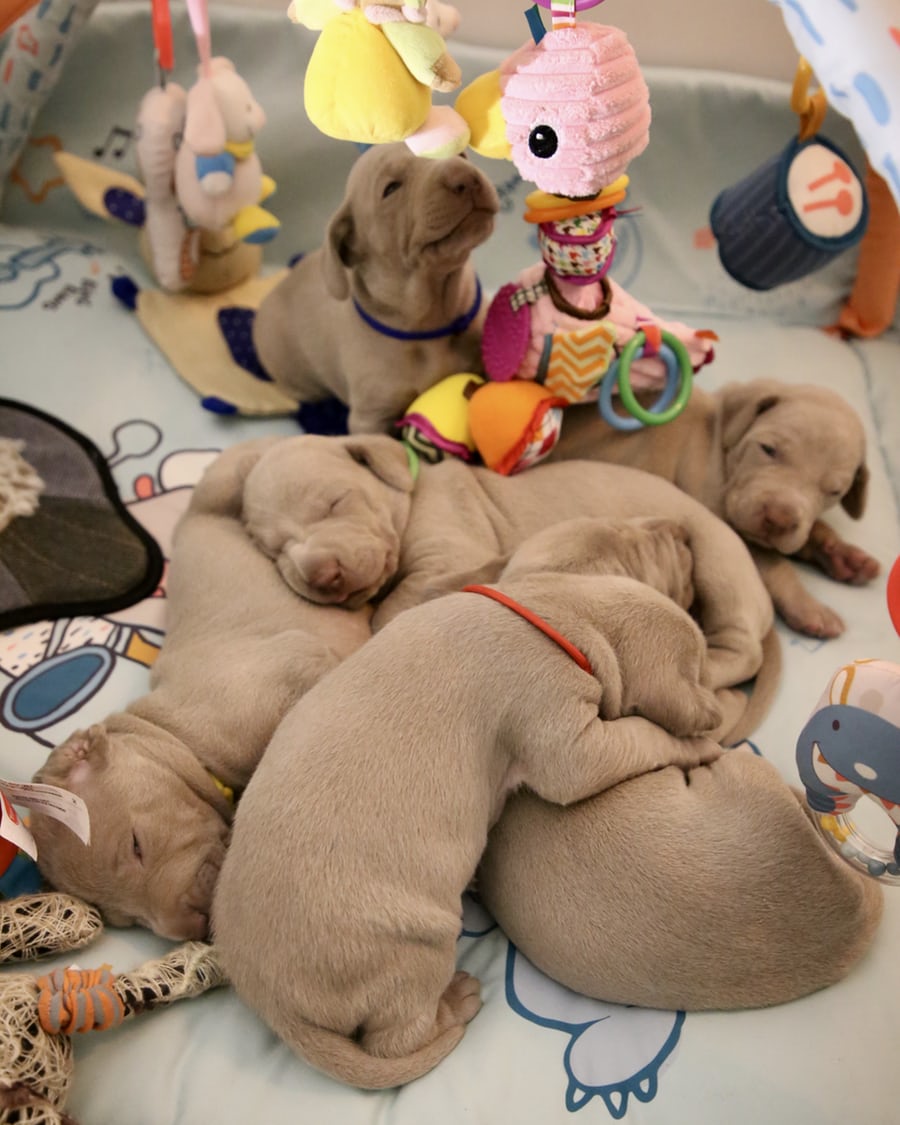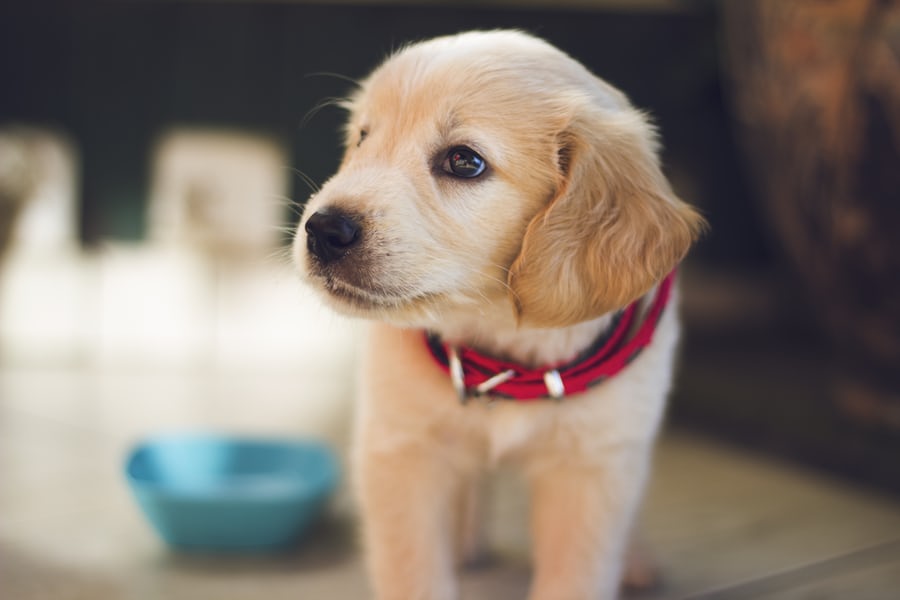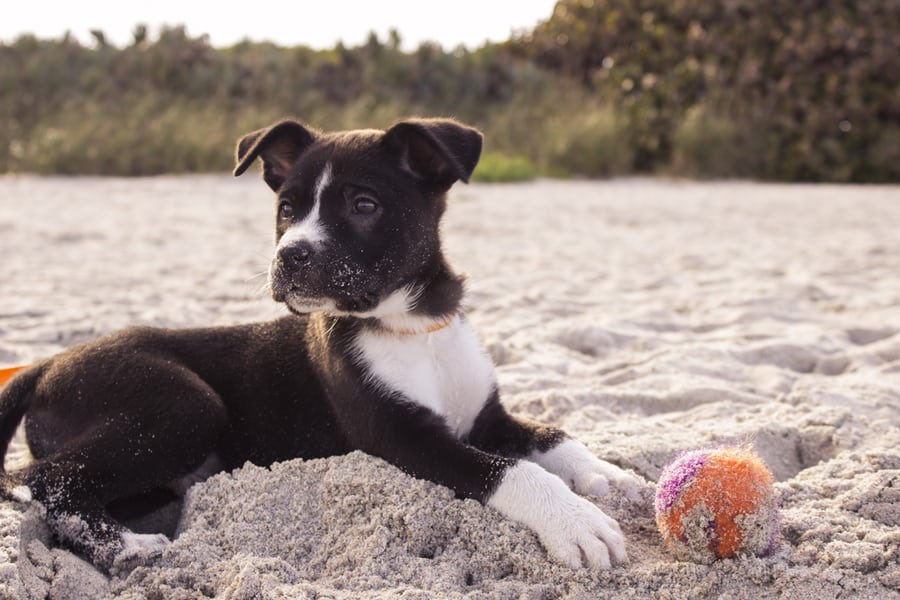My Ultimate Pre Puppy Checklist
You have made the amazing decision to bring a dog into your lives, but to help make sure this decision is the right one as it will be in your lives for the next 10-16 years. Here is the ultimate check list to help you prepare.
When you have decided to get a puppy there is a lot of information you really must know.
To be well informed will save you a lot of stress, panic, heartbreak and money.
Please read and share my blog on what to do before you buy your next puppy.
Before you even start looking, make sure that you can tick off the basics regarding essential things to do and consider:
A working breed requires many more ‘working’ hours in the day. They tend to have higher energy and need a job, or they will go self-employed and find a job you might not like them to do. For more information on choosing the right breed click here from advice from Puppy School.




If you have done all of the above, now you have to decide if you want to rescue a puppy or buy from a breeder.
You may need to put your name down on a waiting list. Many puppies being sold on the internet are puppy farm puppies. PLEASE DO NOT FALL FOR THIS! The only way we can STOP puppy farms is if we stop buying from them. As soon as you buy a puppy from these people, you are contributing to the problem. Please stop paying the puppy farmers money to keep abusing these animals. STAY AWAY…. For more information on Puppy Farming please click Here.
Rescue: There are literally hundreds of rescues around the UK. These rescues save hundreds/thousands of lives, the only way they can keep saving more is if we rescue to make more room for others that need to be rescued. Lots of people assume that rescues don’t have puppies: WRONG! Many rescues have stray pregnant dogs come to them, puppy litters that have been abandoned somewhere, puppies come in because the new owners couldn’t keep the puppy because they might not have done the above research, many puppies get legally taken from people who may have been unkind to them or their mother or have kept them in bad conditions … I could go on, my point being that puppies are in rescue, you just need to contact as many rescues as you can and get your name on a list. Be ready for them to home check you, but if you have prepared from my above list, then you have nothing to worry about. If you have a preferred breed, inform the rescue this when you call.
Rescues should always take your puppy/dog back if for any reason you can no longer look after them.
Breeder: I want to highlight that I am only talking about GOOD breeders here. There are many MANY bad ones out there, so again do your homework, research, research, RESEARCH!
GOOD breeders only breed from healthy dogs who have been health checked and temperament tested. This is from both mother and father of the litter. A GOOD breeder has followed a socialisation plan, as the puppies will be in their care for the most important learning period of their lives. They should be exposing the puppies to lots of new things in a positive way, building up their confidence and toilet training the. A GOOD breeder will have the puppies on a good nutritional dog food. They will have a clean pen for them to sleep in with enough room for mum.
A GOOD breeder will require you to put your name on their list/waiting list and expect you to visit the puppy a few times before you take them home.
Be willing to travel for a GOOD breeder. They will also introduce you to the pup’s mum and let you see the pups interacting with mum. You should also be able to meet the father of the pups (you might need to request this)
For more advice on finding a GOOD breeder click here for information from Puppy School.
I hope I have helped you make the correct decision for you and your family.
If you have any questions please email [email protected]